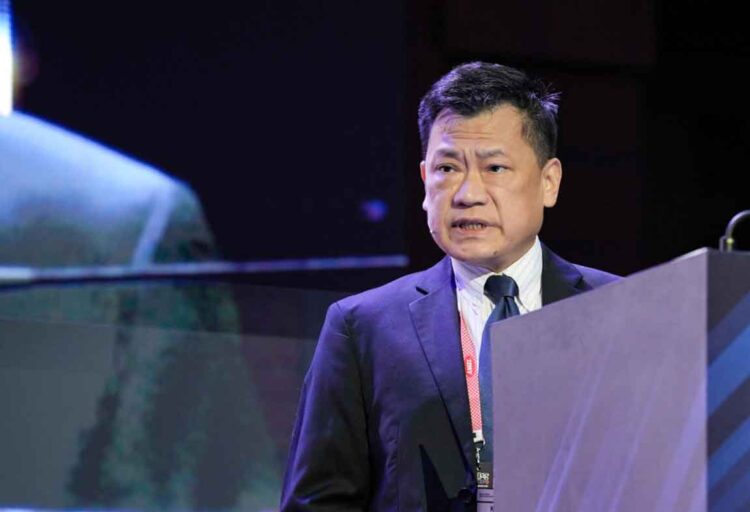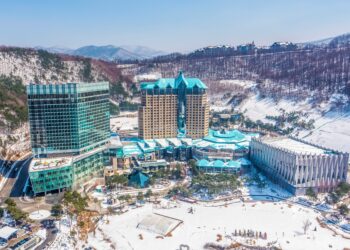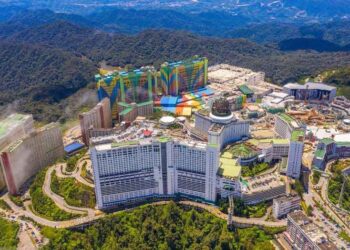Thailand’s controversial Entertainment Complex Bill may be dead in the water, but there remains some hope that it could yet be revived – possibly as soon as early 2026 – according to prominent industry lawyer Lau Kok Keng, Partner and Head of Gaming Law at Rajah and Tann Asia in Singapore.
Speaking at SBC Summit in Lisbon on Thursday, Lau said there remained a substantial measure of politics to play out in the coming months in the wake of former Prime Minister Paetongtarn’s ouster by the Constitutional Court and the appointment of the Bhumjaithai Party’s Anutin Charnvirakul as Thailand’s new leader.
This includes a promise made by Anutin to dissolve parliament and call a fresh election within four months of his appointment – potentially creating a handful of scenarios under which the Entertainment Complex may be revived.
The most obvious of these would be if Paetongtarn’s Pheu Thai Party won back government, giving it a mandate to resurrect the bill, although it remains feasible that even the Bhumjaithai Party could explore casino development in its own right should it reevaluate its previous opposition.
“There is a lot of uncertainty on the surface but you never know what’s at play because we suspect that [Bhumjaithai’s opposition] is really not about casinos posing a threat to Thai society,” Lau said.
“The economic benefits arising from having five casinos in Thailand is something that just cannot be ignored even by the staunchest opponent of casinos, so it could well be that their opposition was about wanting to remove the influence of the Shinawatras from the political scene and whatever they advocated was always going to be shot down.
“But let’s see. I think that there are still people who are very hopeful of the bill being revived.Some of them have even set up offices in Bangkok and have not yet relocated out of Bangkok. And Thailand certainly presents a huge opportunity for operators – a much larger opportunity than Macau or Singapore or Australia because of the sheer numbers of tourists that they get.”
Lau said it was important to note that the Entertainment Complex Bill did not reach its first reading in parliament before being withdrawn and can therefore be revisited by the newly elected Thai government assuming this is done within 60 days of formation. The four-month timeline places that election around January.
And while it seems unlikely that Bhumjaithai would walk back on its anti-casino agenda so soon after recent events, Lau suggests that their hand may be forced given the challenges facing its economy and tourism industry – particularly a major decline in Chinese visitation.
“Thailand is now in a state where there’s no way out for them but to try to reinvent their tourism sector,” he said. “The Chinese have stayed away from Thailand ever since certain highly publicized kidnappings linked to scam centers. And if they don’t [reinvent tourism] they will remain in the doldrums and their citizens will continue to visit the many underground casinos at the borders. Revenue will continue to flow out of the country and that becomes a zero-sum game for all of Thai society.
“So, the proposals and initiatives to establish licensed casinos in Thailand seems to be dead but I have a sense that the final story has not been written yet.”



































